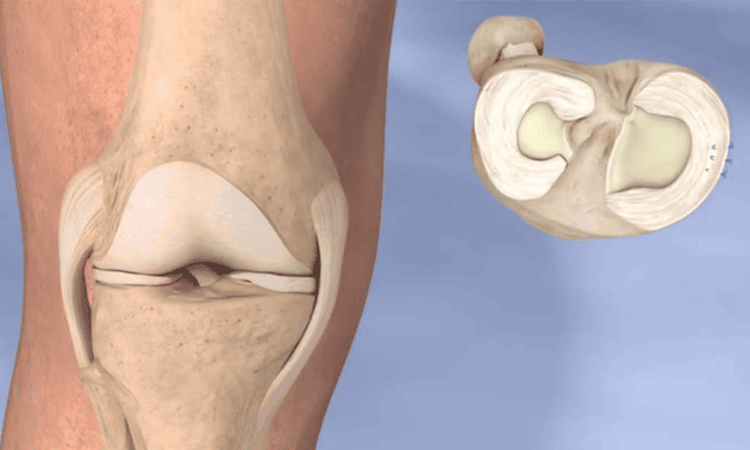Recognising and addressing the symptoms of vaginal infections early is key to effective treatment and overall well-being. With a range of infections such as bacterial vaginosis, yeast infections, and trichomoniasis, consulting a healthcare professional is essential for proper diagnosis and treatment.
A vaginal infection, commonly known as vaginitis, involves inflammation of the vaginal area, which may cause symptoms like itching, discharge, and discomfort. Various types of vaginal infections exist, but fortunately, many are easily treatable and, in some cases, preventable. Recognising the symptoms of a vaginal infection is crucial, and seeking timely advice from a specialist, such as the best gynaecologist in Chennai, can help ensure effective treatment. Read on to learn all about symptoms, causes and treatment of vaginal infections.
Types of Vaginal Infections and Their Causes
Here are the most common types of vaginal infections and their causes:
Bacterial Vaginosis: This is the most frequent type of vaginal infection, caused by an imbalance in the natural bacteria present in the vagina. The exact reason for this imbalance is not well understood, and some individuals may experience no symptoms. While bacterial vaginosis is associated with sexual activity, particularly with new or multiple partners, it can also occur in individuals who are not sexually active.
Yeast Infections: These infections occur when there is an overgrowth of the fungus Candida albicans in the vagina. C. albicans can also cause infections in other moist areas, such as skin folds, the mouth (thrush) and nail beds. This fungus is also responsible for diaper rash in infants.
Trichomoniasis: This sexually transmitted infection is caused by a microscopic parasite known as Trichomonas vaginalis. It spreads through sexual contact with an infected person. In men, it typically affects the urinary tract and often does not cause symptoms. In women, it usually infects the vagina and can increase the risk of contracting other sexually transmitted infections.
Noninfectious Vaginitis: Irritation or allergic reactions in the vaginal area can be caused by products such as douches, vaginal sprays, scented detergents, perfumed soaps, and spermicides. Additionally, foreign objects like toilet paper or forgotten tampons can also lead to irritation of the vaginal tissues.
Vaginal Atrophy: After menopause or the surgical removal of the ovaries, decreased oestrogen levels can cause thinning of the vaginal lining, which may result in symptoms like dryness, irritation, and burning.
Symptoms of Vaginal Infections
A vaginal infection may present with the following symptoms:
Itching or irritation in the vaginal area
Changes in the colour, odour, or amount of vaginal discharge
Discomfort or pain during intercourse
Light vaginal bleeding or spotting
Painful urination
The characteristics of vaginal discharge can help identify the type of vaginitis:
Yeast Infection: Intense itching, along with a thick, white discharge resembling cottage cheese.
Bacterial Vaginosis: A greyish-white discharge with a strong, fishy odour, often more noticeable after sexual activity. Some individuals use an at home bv test to help identify potential signs before seeking professional evaluation.
Trichomoniasis: A greenish-yellow, sometimes frothy discharge, caused by the infection trichomoniasis.
If experiencing symptoms of a vaginal infection, it’s a good idea to visit Apollo Hospital Chennai Greams Road to determine the underlying cause and the appropriate course of treatment.
Treatment of Vaginal Infections
The treatment of vaginal infection can vary based on the underlying cause. Here are some of the treatment options available.
Becterial Vaginosis: Treatment for bacterial vaginosis may include topical metronidazole gel applied to the affected area or oral metronidazole. Other options include oral clindamycin tablets, clindamycin cream applied to the vagina, or vaginal capsules. Tinidazole or secnidazole are also taken orally. However, bacterial vaginosis may return after treatment.
Yeast Infections: These are typically managed with over-the-counter antifungal suppositories or creams such as miconazole, clotrimazole, butoconazole, or tioconazole. Prescription oral antifungal medication like fluconazole may also be recommended.
Trichomoniasis: This sexually transmitted infection is treated with oral metronidazole or tinidazole tablets prescribed by a healthcare provider.
Vaginal Atrophy: Oestrogen therapy in the form of tablets, creams, or vaginal rings can help alleviate symptoms of vaginal atrophy. This treatment requires a prescription and a review of any potential risks.
Noninfectious Vaginitis: The key to treating noninfectious vaginitis is identifying and avoiding the source of irritation, which may include products like new soaps, sanitary products, laundry detergents, or tampons.
Conclusion
Understanding the signs, causes, and treatments of vaginal infections is essential for maintaining good vaginal health. While many infections, such as bacterial vaginosis and yeast infections, are easily treatable, it is crucial to consult a healthcare professional to receive an accurate diagnosis and effective treatment. If you’re experiencing symptoms of a vaginal infection, visiting a specialist, such as the best gynaecologist in Chennai at Apollo Hospital Chennai Greams Road, can ensure you receive the appropriate care and guidance for a quick recovery. Taking prompt action helps prevent complications and promotes long-term well-being.







